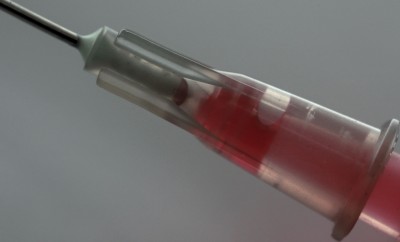There was one time when you felt so sick, you decided to go to a physician for medical care—but alas! After your session, you felt incredibly different—like something’s wrong. You felt that there was something going on, something your physician might have taken for granted. It took you a couple of days, trying to figure out if something are indeed, not right. And you know it—so you scout for a second opinion and true enough, your instincts are right—the physician has done something incredibly wrong. So what happens next? Do you just leave it to your new physician to take care of the mistake, or do you sue the other medical practitioner who took “care” of you? As advised, most people will not take further actions and forget about it. While others will not settle for anything like that, some people will sure the medical practitioner. But what are the things you need to learn about medical malpractice?

Medical Malpractice: Defined
Medical malpractice or medical negligence is an incident where a patient experiences any adverse effects of medical treatment. It is the professional negligence by act or omission by a health care provider in which the treatment provided falls below the accepted standard of practice in the medical community. Medical malpractice claims explore much more complex issues, such as the standard of care provided and the performance of the medical professional in question.
What You Need To Prove:
Establish all four elements of the tort of negligence for a successful medical malpractice claim:
There Was A Duty Owed: the legal duty shall exist whenever a hospital or health care provider has undertaken the care or treatment of a patient.
There Was A Duty Which Was Breached: When the provider has failed to conform to the relevant standard care under the contract.
The Breach Has Caused The Plaintiff An Injury: The plaintiff must be able to prove that the breach of duty was the direct and proximate cause of the injury.
Damage: The plaintiff should be able to prove that there was damage or the losses which may be pecuniary or emotional, as such because there is no basis for a claim, regardless of whether the medical provider was negligent without proof of damages.
Who Are Best To Testify?
Expert witnesses play vital roles in the cases of medical malpractice. They must be qualified by the Court, based on the prospective experts’ qualifications and the standards set from legal precedent. These experts will be answering and vouching for the medical terms and other technical questions. To be able to qualify as an expert in a medical malpractice case, the said person must have a sufficient knowledge, education, training, or experience regarding the specific issue. This must first be proven prior to qualifying him as an expert to give a reliable opinion on a relevant issue. The qualifications of the expert, however, are not the deciding factors as to whether the individual will be qualified, although they are certainly important considerations. ouble-lung transplant. Jesica was blood type O, but she received organs from someone who was blood type A.
Author Bio
Christie is a Law Student at a leading univerity in New York. In her free times she is quite actively involved in online discussion on various Legal Issues like personal injury clains and lawsuits. She has also got offer to work at Sexner MMP- who are a leading Medical malpractice attorneys in Chicago.

